Think wrongly if you please, but in all cases think for yourself
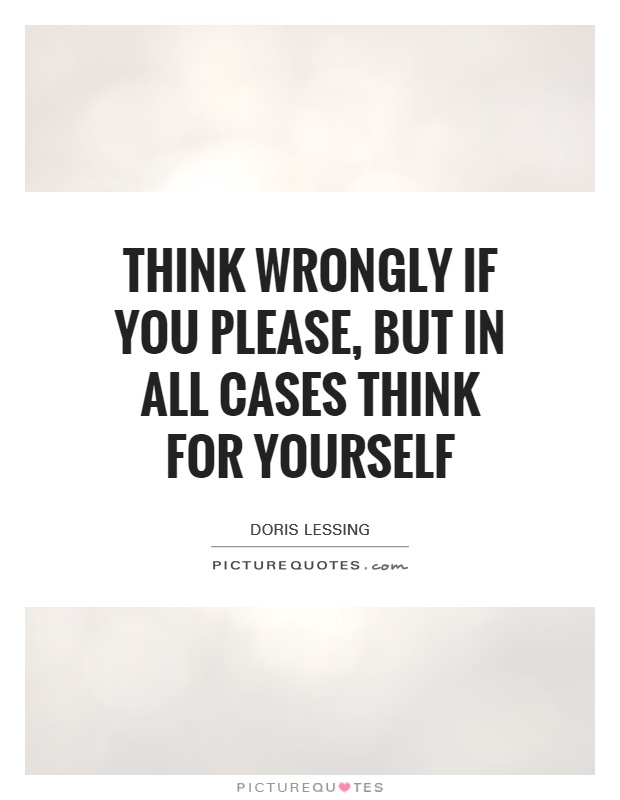
Think wrongly if you please, but in all cases think for yourself
Doris Lessing, the acclaimed British novelist and essayist, was a firm believer in the power of independent thought. Throughout her prolific career, she encouraged readers to question societal norms, challenge authority, and above all, think for themselves. One of her most famous quotes, “Think wrongly if you please, but in all cases think for yourself,” perfectly encapsulates her philosophy on individuality and critical thinking.Lessing understood that conformity and blind obedience to authority could stifle creativity and hinder personal growth. She believed that true intellectual freedom could only be achieved through independent thought and the willingness to question established beliefs. In her writing, Lessing often explored themes of identity, power dynamics, and the complexities of human relationships, urging readers to look beyond the surface and think critically about the world around them.
One of Lessing’s most famous works, “The Golden Notebook,” is a prime example of her commitment to challenging conventional wisdom and encouraging readers to think for themselves. The novel follows the life of a writer named Anna Wulf, who struggles to reconcile her various identities and experiences in a fragmented post-war society. Through Anna’s journey, Lessing explores the limitations of traditional gender roles, the complexities of political ideology, and the importance of individual agency in a rapidly changing world.
In her essays and interviews, Lessing often spoke out against the dangers of groupthink and the suppression of dissenting voices. She believed that true progress could only be achieved through open dialogue, intellectual curiosity, and a willingness to engage with ideas that may challenge our preconceived notions. By encouraging readers to think for themselves, Lessing hoped to inspire a new generation of critical thinkers who were unafraid to question authority and forge their own path in life.
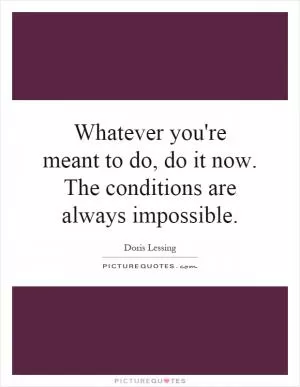
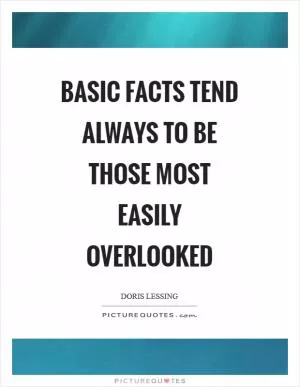
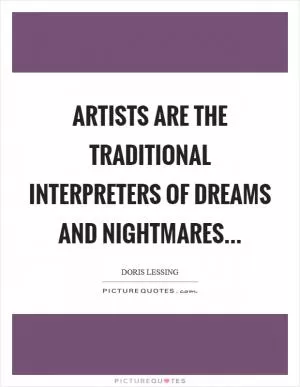



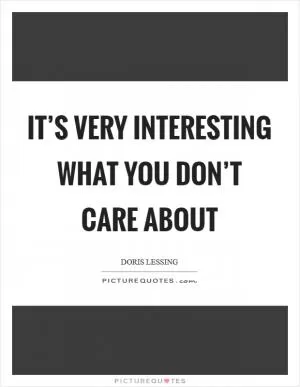

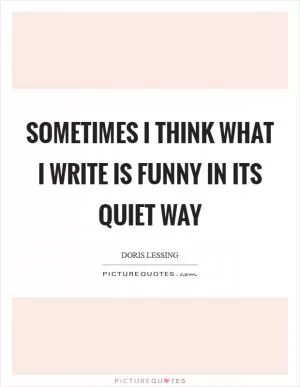



 Friendship Quotes
Friendship Quotes Love Quotes
Love Quotes Life Quotes
Life Quotes Funny Quotes
Funny Quotes Motivational Quotes
Motivational Quotes Inspirational Quotes
Inspirational Quotes